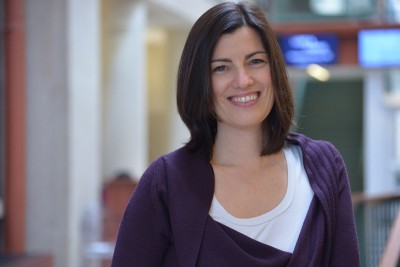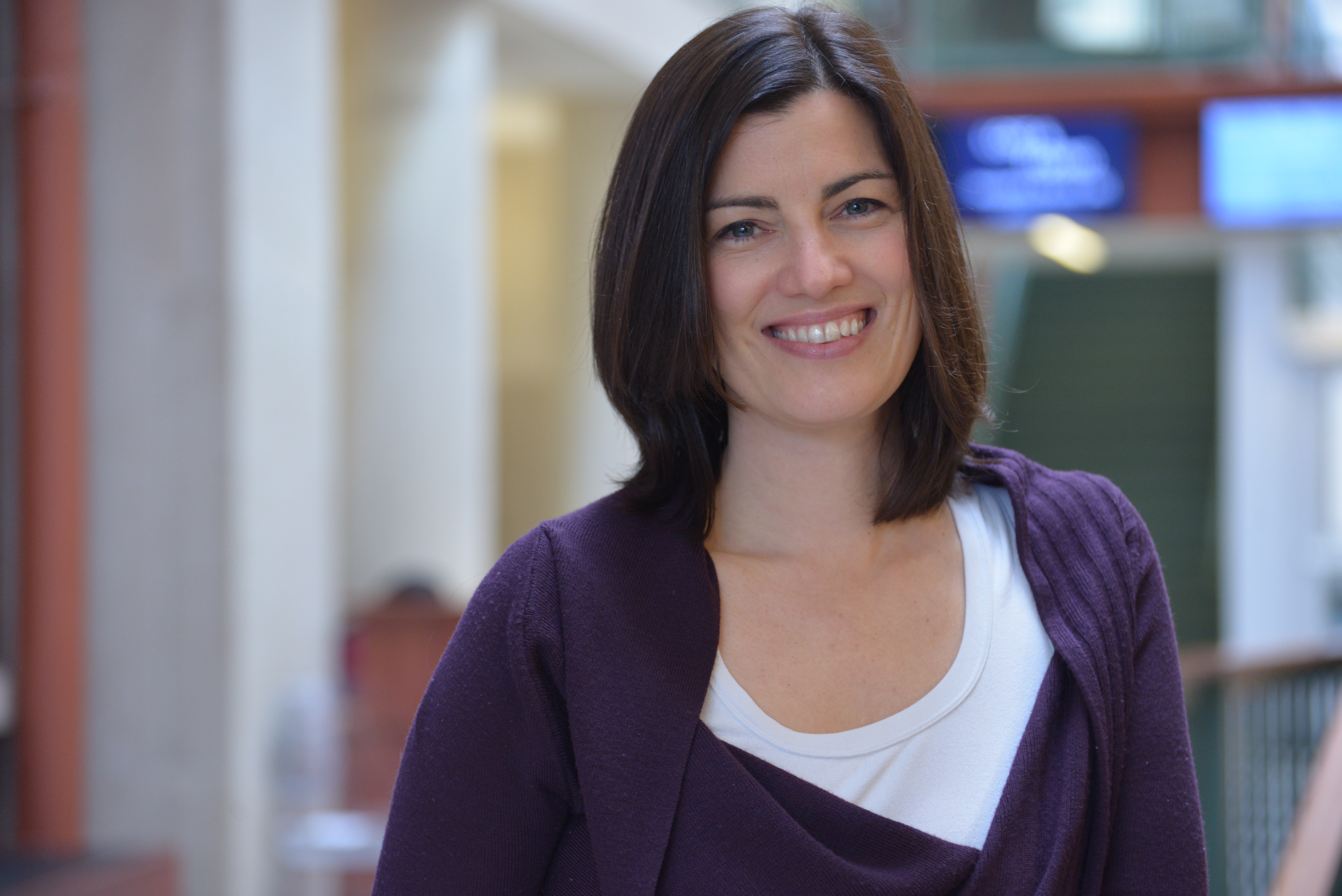
In partnership with a consortium that includes six other universities across the nation, the Neag School’s special education doctoral program and Center for Behavioral Education and Research (CBER) will once again be part of a federal grant designated to support a total of nearly 30 future scholars in the field of special education.
Funded by the U.S. Department of Education’s Office of Special Education Programs (OSEP), the National Center for Leadership in Intensive Intervention 2 (NCLII-2) Training Grant will provide the Neag School with $1 million to fund three doctoral students in special education for four years each. With the nation’s shortage of qualified scholars specializing in special education, NCLII’s mission is to prepare leaders in this area to become experts in research on intensive intervention for students with disabilities who have persistent and severe academic and behavioral difficulties. Consortium partner institutions include Vanderbilt University, Michigan State University, University of Georgia, University of Illinois at Chicago, University of Minnesota, and University of Texas at Austin.
“I knew this grant was special, but I really had no idea the access that I would have to leaders in the field of special education and the opportunities I would have to collaborate with NCLII faculty and students.”
— Kaitlin Leonard,
Fully funded Ph.D. candidate, Special Education
“This is an amazing opportunity for our students to work with great faculty here and at our partner universities,” says Devin Kearns, associate professor in the special education program at the Neag School who serves on NCLII’s curriculum design committee. “The NCLII program — now in its fourth year — has a track record of producing great scholars who do cutting-edge research and are excellent teachers.”
Funding recipients will take part in an online core curriculum focused on intensive intervention and will also share on NCLII’s dedicated project website content intended to advance research on, and implementation of, intensive intervention. In addition to four years of financial support, each Ph.D. candidate will have numerous opportunities to carry out research across the consortium’s partner institutions; interact with leading special education experts at each institution; as well as intern with national centers supported by OSEP.
In 2015, Kaitlin Leonard joined the special education doctoral program at the Neag School with four years of Ph.D. studies covered, thanks to the NCLII’s initial grant. Now in the dissertation phase of the program, Leonard has had the opportunity to take part in evaluating interventions, creating course materials, writing manuscripts, traveling to national conferences, and serving as a research assistant.
“I knew this grant was special, but I really had no idea the access that I would have to leaders in the field of special education and the opportunities I would have to collaborate with NCLII faculty and students,” says Leonard. “It has also impacted my future moving forward. NCLII funding has supported costs for my dissertation, and I have had the fortune of working with special education faculty such as Chris Doabler from UT Austin and Kristen McMaster from University of Minnesota, whose expertise along with Neag faculty — namely Mike Coyne, Brandi Simonsen, Devin Kearns, and Sarah Woulfin — has been invaluable.”
Learn more about the special education doctoral program’s various scholarship opportunities at s.uconn.edu/spedphd. Register for a free upcoming informational webinar about the special education doctoral program — including numerous opportunities for scholarship and fellowship support — to be held on Nov. 8, 2019. Applications to the Ph.D. program in special education are due Dec. 1.
Related Stories:



